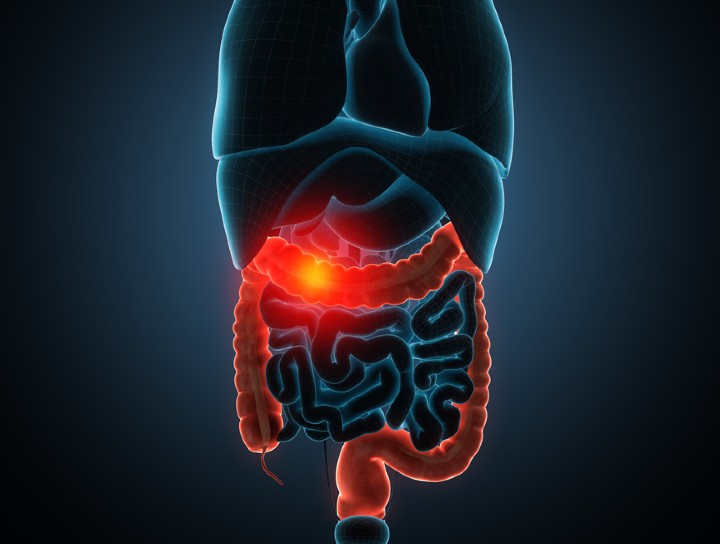Peptic ulcers are sores that develop in the lining of the stomach, lower oesophagus, or small intestine. They’re usually formed as a result of inflammation caused by the bacteria H. pylori, as well as from erosion from stomach acids. Peptic ulcers are a fairly common health problem.
There are three types of peptic ulcers
Gastric ulcers: Ulcers that develop inside the stomach
Oesophageal ulcers: Ulcers that develop inside the oesophagus
Duodenal ulcers: Ulcers that develop in the upper section of the small intestines, called the duodenum
Causes of peptic ulcers
Different factors can cause the lining of the stomach, the oesophagus, and the small intestine to break down.
These include:
Helicobacter pylori (H. pylori), a type of bacteria that can cause a stomach infection and inflammation, frequent use of aspirin (Bayer), ibuprofen (Advil), and other anti-inflammatory drugs (risk associated with this behaviour increases in women and people over the age of 60), smoking, drinking too much alcohol, radiation therapy, and stomach cancer.
Symptoms of peptic ulcers
The most common symptom of a peptic ulcer is burning abdominal pain that extends from the navel to the chest, which can range from mild to severe. In some cases, the pain may wake you up at night. Small peptic ulcers may not produce any symptoms in the early phases. Other common signs of a peptic ulcer include: changes in appetite, nausea, bloody or dark stools, unexplained weight loss, indigestion, vomiting, and chest pain.


